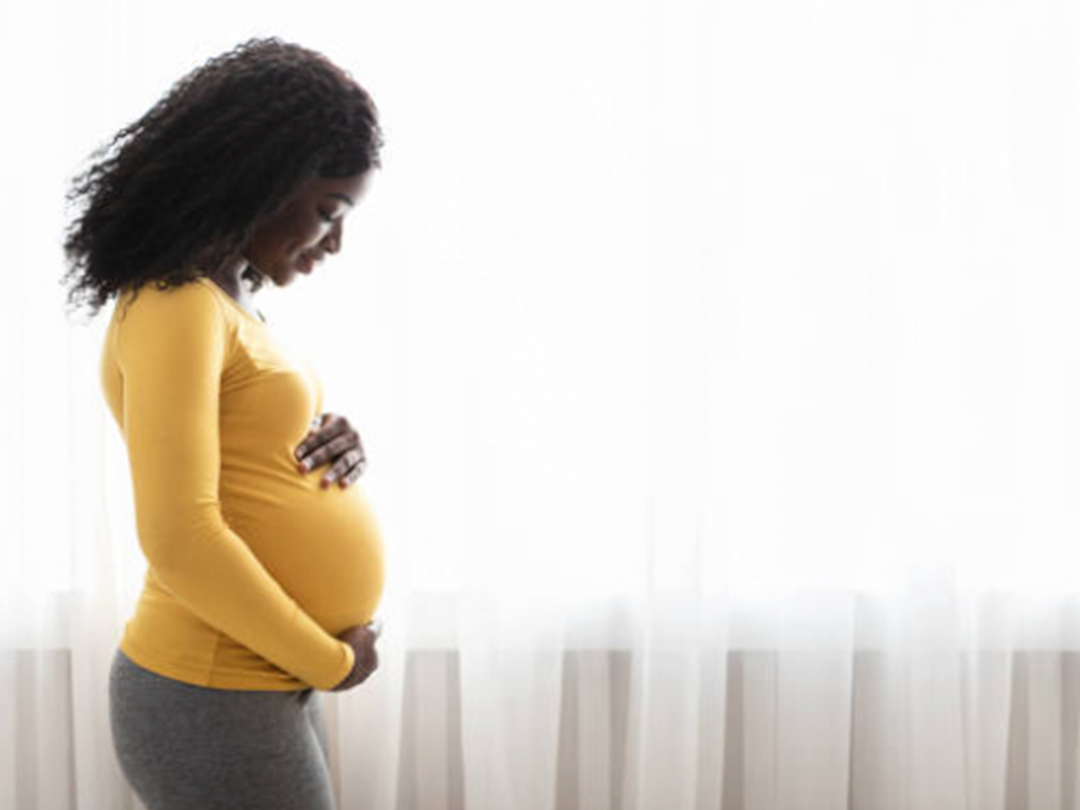Considerations for Women Who Are Planning for a Family
Since the Roe v Wade overturning decision passed this summer, public discourse has focused on how the new restrictions impact women who may find themselves seeking out an abortion. The new laws, however, also change the lives of women who are planning to have children.
The evolving landscape around abortion rights calls into question all aspects of personhood and how to manage unforeseen complications that arise with women’s pregnancies. At the core of the debate around abortion is the definition of when life begins. Some states consider a fetus a person while other states adhere to a broader interpretation. Each state’s definition influences their guidelines around abortions and the conditions under which they can be performed.
For women who are pregnant or trying to get pregnant, understanding their state’s stance on what defines personhood and how that impacts their medical options while pregnant is critical. Confusion around the new restrictions and a fear of criminal charges and/or professional consequences can lead some medical providers to avoid performing any procedure that could be interpreted as an abortion, including approved practices for handling ectopic pregnancies, miscarriages, and other conditions that lead to a non-viable pregnancy.
In most states, the Dobbs ruling upholds that the life of the mother is paramount and they should have access to medical care that protects their well-being; however physicians’ interpretation of the law varies. Women who need urgent care, for example in the event of an ectopic pregnancy, can face life-threatening conditions if they are not able to receive the care they need within a safe period of time. If you are pregnant or plan to become pregnant in the future, be sure to ask your medical provider for guidance or referrals on how to handle any complications that may require a D&C or similar procedures. Also, familiarize yourself with the laws in surrounding states – if providers in your area are unwilling to meet your medical needs, it may be necessary to travel to a state where there are more lenient, or clearer, abortion guidelines.
Questions around how to classify a fetus have also surfaced concerns about IVF, specifically about what actions are permissible for non-viable embryos and potentially increased costs around the procedure. A recent example of this new consideration surfaced in Louisiana, where a law classifying abortion as homicide was proposed. The bill didn’t pass, but a similar proposal banning abortion from the moment of conception has surfaced in Ohio. The introduction of these laws raise questions about how a narrow definition of personhood impacts all aspects of a woman’s pregnancy journey and the healthcare system that serves them.
While the new reality around abortion rights settles in, women of all childbearing statuses are encouraged to educate themselves about their states’ laws and understand their physician’s interpretation of the abortion laws in their state.


